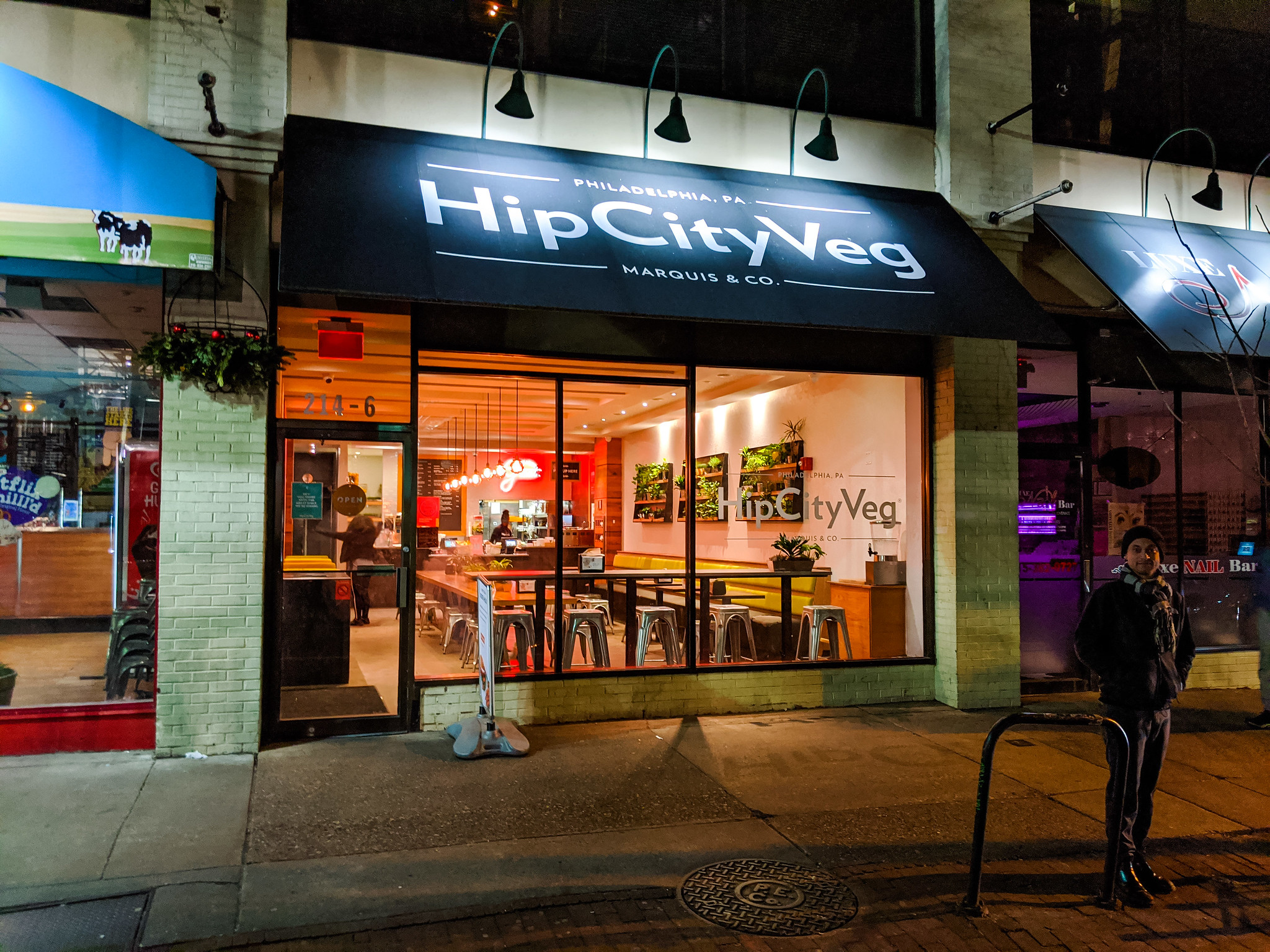
In a New York Times interview, the famous chef and restauranteur David Chang — owner of the wildly popular restaurant Momofuku Noodle Bar in Manhattan, along with a dozen others — was asked about his prediction for the restaurant industry.
‘“I’m not being hyperbolic in any way,” Chang said about the future of the field in which he made his name. “Without government intervention, there will be no service industry.”’
It’s been just about a month since the United States came to an effective stoppage in normal daily life, and these past four weeks have been full of unexpected adjustments and, frankly, a lot of uncertainty.
However, if there is one industry in which there is the most uncertainty — minus the obvious answer of the medical industry, which is fighting on the front lines of this epidemic — it is most certainly the restaurant industry.
At the beginning of the Great Recession in 2008, the financial crisis was setting in. The U.S. Government, in an attempt to bail out the Central Banks, deemed them “too big to fail.” And, while it was the banks’ greed that got the U.S. into the Great Recession, they were indeed too big to fail.
Now it’s the restaurant industry — and frankly, the entire country’s service industry — that is too big to fail.
However, Chang doesn’t see the smaller restaurants and businesses getting the same help that the banks did back in 2008, despite them needing it all the same, if not more.
“I feel like it’s the polar opposite of 2008 when they helped the big banks and insurance companies because they had to or the world as we knew it would end. And now, in 2020, we’re talking about ‘nonessential’ businesses and people who don’t have the clout to be able to speak to the government. I have a hard time seeing all the mom-and-pop shops getting help from the government,” said Chang.
And yet, this is in reference to one of the largest industries to exist in the U.S.
According to Vault, the restaurant and food services industry is a $660 billion industry in the United States. The spread of the industry across the nation is so high that half of all adults have worked in food service at some point in their lives.
Restaurants employed 13.7 million Americans in 2018, and with reports discussing 2016 projections of earnings, The National Restaurant Association projected industry sales of $783 billion.
But one of the biggest problems of the greatly expanded restaurant industry — that was continually burgeoning over the last decade — is that many restaurants have been operating on extremely thin margins. That means after quickly losing revenue due to the pandemic, there may be no coming back.
The struggles of the gigantic restaurant industry, along with the large swaths of workers who have filed for unemployment, are why the Coronavirus Aid, Relief and Economic Security (CARES) Act has been created, passed and signed into action so quickly.
Along with the stimulus package and checks being sent to the unemployed and employed alike, restaurants and small businesses are also being helped. Thanks to a handy resource made by the U.S. Senate Committee on Small Business and Entrepreneurship, there is The Small Business Owner’s Guide to the CARES Act.
The guide covers anything and everything, from the Paycheck Protection Program (that is designed to help retain employees) to the Emergency Economic Injury Grant (which will give smaller cash infusions to cover current pandemic costs) to the Small Business Debt Relief Program (which will help with planning future loan payments for small businesses.)
All of these resources are invaluable, and the money given out from the CARES Act will be extremely helpful and go toward the inevitable stockpiling costs — not to mention the countless donations from customers, businesses and other kind souls.
And yet, a Philadelphia Magazine article written by Maddy Swietzer-Lamme suggests that even with government support, there will be countless restaurants that will never re-open. A statistic from the Department of Labor is mentioned in the article, stating that 60 percent of the 701,000 American jobs lost in March were employees at restaurants and bars.
On top of that, if the restaurants go out of business, what will become of the cities with empty buildings? As Michael Schulson of HipCityVeg explained, “If restaurants go out of business, that’s every ground floor, empty. There’s going to be no one to take over those spaces, and then our city [will be] a ghost town.”
With the uncertainty of ever re-opening the doors, restaurant owners have to not only figure out how to pay their employees now but also how they will recover from this in the future.
While many things need help right now, the restaurant industry will be taking one of the biggest hits, and when the dust settles, many of the places you used to frequent may never come back. But the fact still remains that the restaurant industry will be extremely affected — and inevitably permanently changed — by this pandemic.


